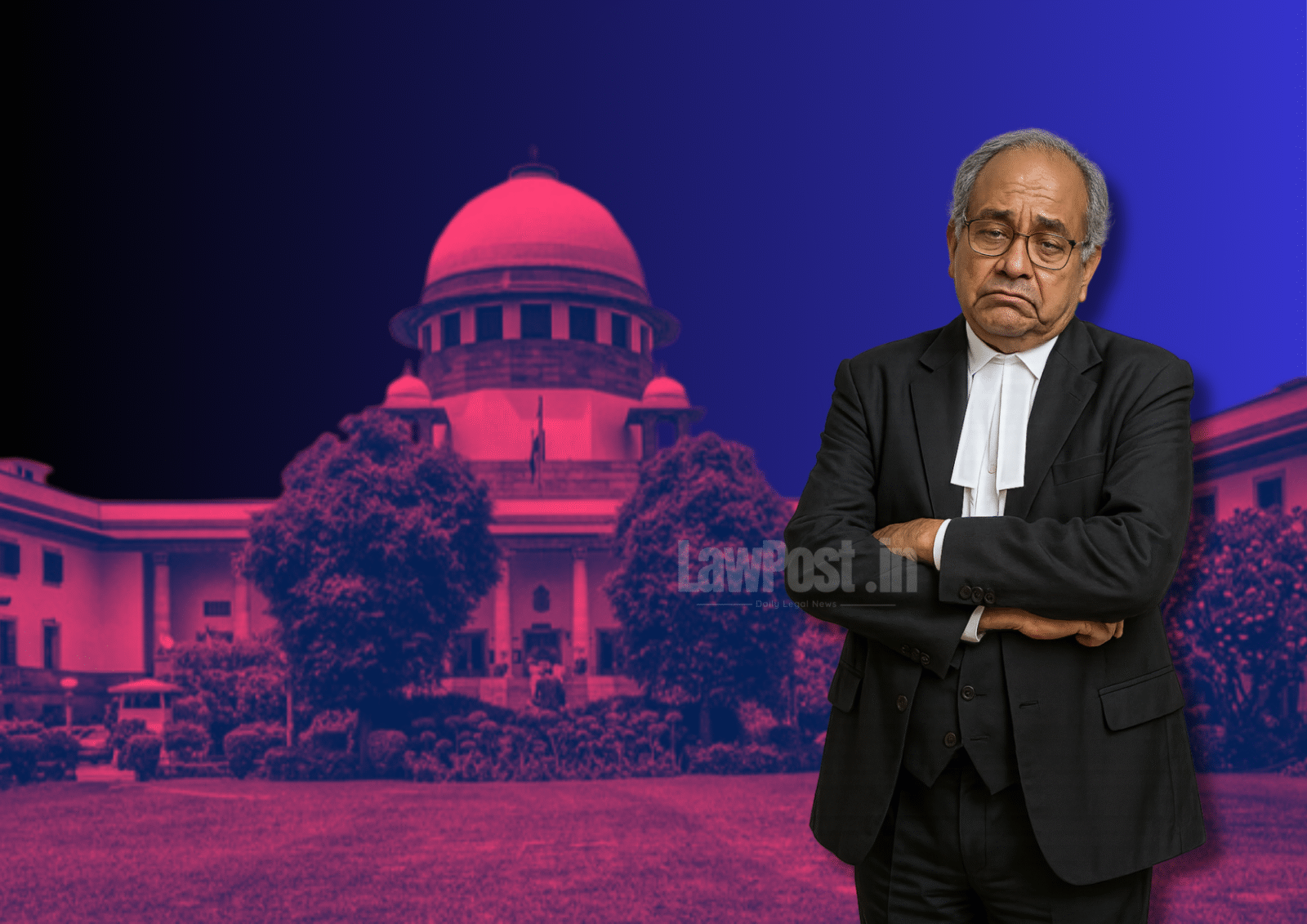The Supreme Court of India on Wednesday took sharp exception to a growing practice among lawyers who stop appearing in cases after being designated as Senior Advocates, calling the trend “absolutely unethical” and expressing strong disapproval of the Bar’s conduct.
The stern observation came during the hearing of Biswanath Kundu v. State through CBI, when the bench of Justice Ahsanuddin Amanullah and Justice SVN Bhatti noticed that no counsel appeared on behalf of the appellant. A lawyer present in court, though not involved in the matter, informed the bench that the Advocate-on-Record (AoR) had recently been designated as a Senior Advocate.
Displeased with the situation, Justice Amanullah remarked,
“This is a very new trend, and I think it is unethical on the part of the Bar. If somebody becomes a Senior Advocate, should they abandon the case? They should now assist as seniors. They have taken responsibility. Absolutely unethical practice.”
He further criticized the trend as something he has observed only within the Supreme Court, stating,
“In this Court, I have seen this — and in no other Court.”
Justice Amanullah also shared his personal experience to highlight the appropriate conduct expected after designation:
“I remember when I was… I took special permission, and the government had to allow that. Very unethical practices in the Supreme Court.”
Another advocate in the courtroom emphasized the duty of the AoR to inform clients and initiate the procedural steps required for any change in representation.
“It is the duty of the counsel who was advocate-on-record to inform the client, coordinate with him, and get the AoR changed,” the counsel noted.
Agreeing, Justice Amanullah added that the Court is increasingly seeing such disengagements being handled without responsibility or accountability.
“Just convey to the counsel that the Court has taken strong sentiment to such a conduct,” he said.
The Court’s sharp rebuke serves as a warning to legal practitioners, reinforcing the ethical obligation that comes with representation — regardless of title or elevation within the legal profession.
Case: Biswanath Kundu vs State through C.B.I – Available on LAWFYI.IO








